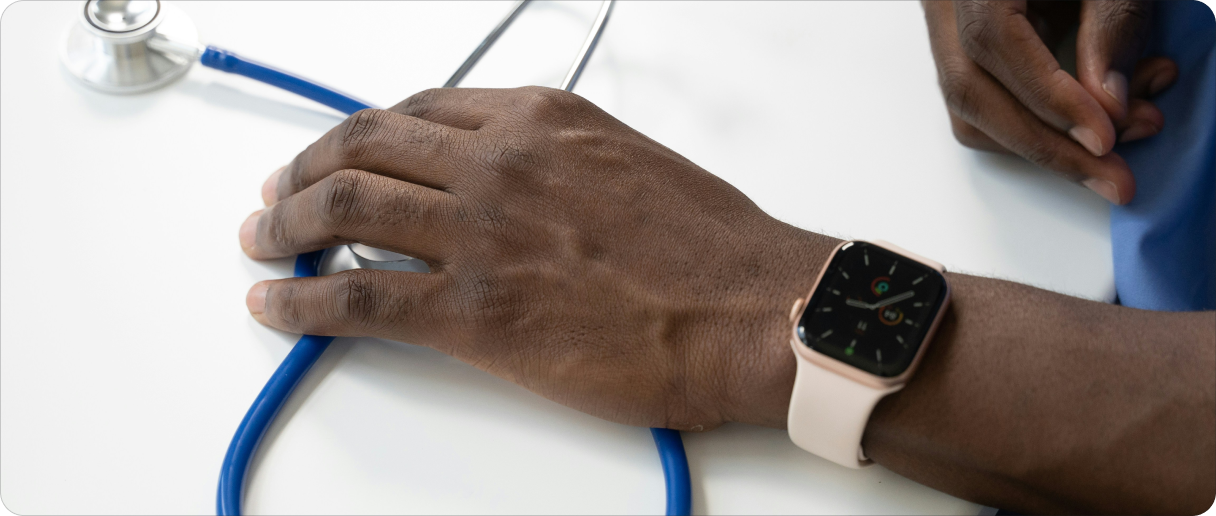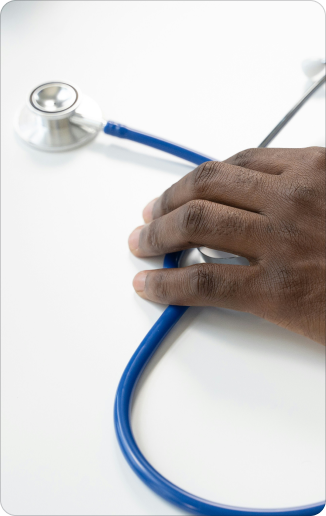I call myself a ‘modern behaviouralist’. In the context of NDIS in Australia, and perhaps more broadly the human service sector inclusive of welfare, health and those involved in the care of vulnerable people internationally; it is clear we are facing somewhat of an extensional crisis. I see both the necessity and desire for clinical leadership. Choosing a role in providing assessment and ntervention in behaviour support, allied health, social work, psychology, or medicine in 2024 is frankly ‘not for the faint hearted.’
A practitioner’s individual or collective strength is as much in our technical or specific clinical skills and practice as in our experience and knowledge of the systems we are required to work within or alongside to achieve outcomes for our clients. We need to develop deep understanding of each process or procedure, all interdependencies and limitations of these systems, awareness of social emands or mediation norms, the governing codes of ethics and boundaries of the law.
I have been upervising clinicians and reading clinical reports, treatment plans and intervention protocols for over 35 years. Over recent months I have found myself reflecting on the quality of formulation and practice coming past me. I have actually seen some of the most considered, collaborative, high quality assessment and intervention. This against a backdrop of what can only be described as chaotic demands and regular systems failure. I salute my peer practitioners wherever you are! Science has shown us that with extreme pressure diamonds are formed. In a similar way ‘Professionalism’ is only witnessed at time of crisis.
Contributors
-

Phoenix Baker Product Manager
-

Lori Bryson Product Manager
-

Loki Bright Frontend Engineer
Published on
20th Jan 2022, Thursday.
Recent Posts

Share the plan, do the plan… feel safe within the plan
Proactive safety planning acts as a guardrail to prevent and mitigate crises, which could otherwise overwhelm a young person's coping abilities, akin to how disaster planning, fire drills, or pre-flight safety briefings prepare individuals to manage emergencies with composure. Leaders must ensure that there are systems in place so that staff prioritize the immediate, safety issues that prevail with high-risk clinical conditions like depression

What are we writing down?... Why are we writing it?
Proactive safety planning acts as a guardrail to prevent and mitigate crises, which could otherwise overwhelm a young person's coping abilities, akin to how disaster planning, fire drills, or pre-flight safety briefings prepare individuals to manage emergencies with composure. Leaders must ensure that there are systems in place so that staff prioritize the immediate, safety issues that prevail with high-risk clinical conditions like depression

Practice for the mind…to heal the brain
Proactive safety planning acts as a guardrail to prevent and mitigate crises, which could otherwise overwhelm a young person's coping abilities, akin to how disaster planning, fire drills, or pre-flight safety briefings prepare individuals to manage emergencies with composure. Leaders must ensure that there are systems in place so that staff prioritize the immediate, safety issues that prevail with high-risk clinical conditions like depression
Written by

Schedule Demo
To see if Give Me Five is right for your organisation

